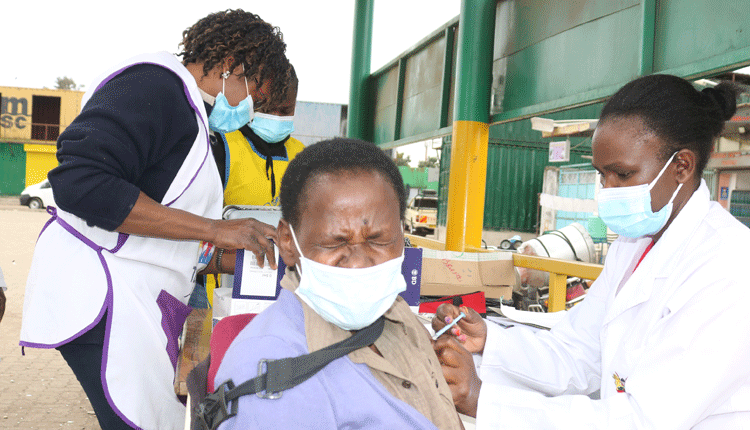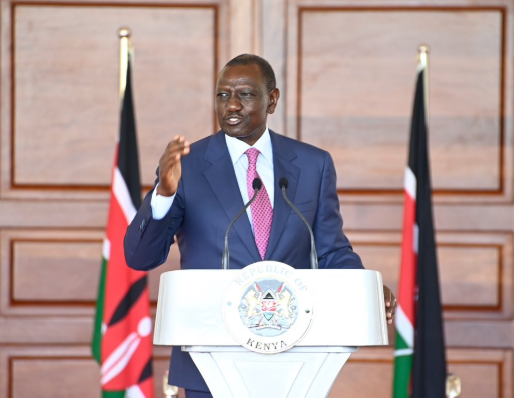In the laugh industry, there’s a thin line between a joke and reality
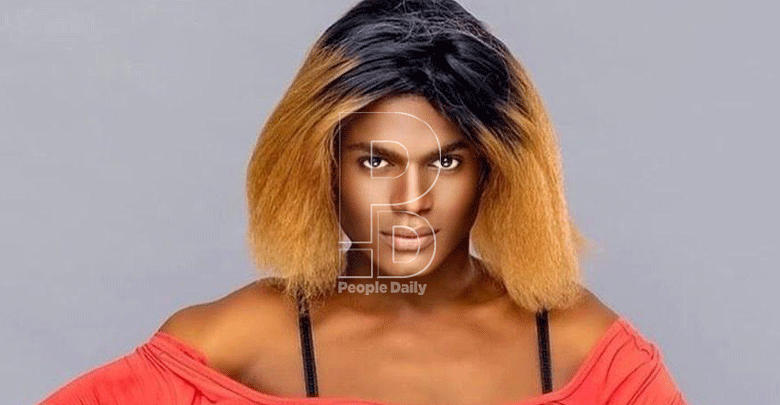
In the laugh industry, there’s a thin line between a joke and reality, and it’s up to the comedian to figure out how to work it out for the masses. And as Jasmine Atieno writes, the trendy comedy of role-playing also has its misgivings.
The comedy scene in Kenya has drastically changed, especially following the Covid-19 pandemic.
With the ban on social events—as one of the measures to curb the spread of coronavirus—a majority of comedians and artistes had to make the most out of social media platforms to salvage their careers and showcase their creativity.
One thing that has stood out the most during this period, however, is that many comedians have ventured into role-playing.
More male comedians are getting comfortable with playing female roles; dressing up and even wearing chic make-up.
Talk of the likes of Flaqo, Eric Omondi, Padi Wubonn, Terrence Creative et al. But is there a career danger to such trends or is it acceptable for anyone to pick up what is trending and run with it?
Nairobi-based comedian Padi has garnered so much love through his parody creativity, and even more for executing female roles that he chooses well.
The wow factor, he says, makes multi-casting all worth it for him, and it is also pocket friendly, as he doesn’t have to pay a female character to do what he can pull off effortlessly.
“When you can multi-cast well, there is that impressive factor that ups the wow.
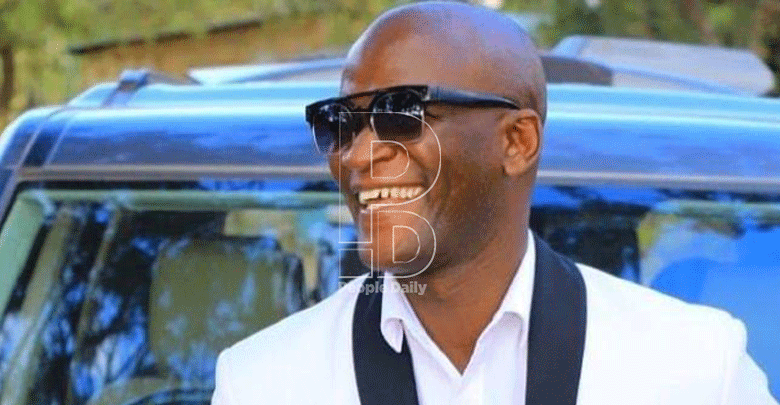
If you have to take a woman to play the role, there are two things that you definitely have to consider.
First, the cash because the cast will need to be paid well, and secondly, if they will actually be able to execute the role the way you’d want it executed.
So, if you can do both roles yourself, you will have killed two birds with one stone.
Of course there are going to be challenges while doing that, but when passion is the drive and you love what you are doing, it ceases to become an issue.
It’s more about having fun with what you are doing than so much about the money.
When the talent is proportionate to my capabilities, the message has to be well delivered and that’s how I get to enjoy myself as an artiste; I can’t really call it a challenge,” he shares with Spice.
The challenges
Idris Kidogo came into the limelight right at the peak of the pandemic with his role as Mama Fathma, a typical coastal free-spirited, outspoken and realistic woman, who loves music, especially taarab. She also loves cooking Swahili cuisines the best way she knows.
Despite the fact that he has won the hearts of many, it has been a challenging role, especially coming from an Islamic background. Nonetheless, he picked what’s trending and blew off the scenes.
“First I feel good playing Mama Fathma, because that’s what I chose. I came up with this idea of doing a lady role after researching my fellow comedians and what they were doing.
Also, I chose doing this, because I did not want to be the same, using the same trends as all the other comedians.
I wanted something both unique and entertaining. What inspires me is the passion to tell stories in a different way.
The reception has been good, but I can’t say the best, but my fan base has grown tremendously.
I have received varying feedback from different people, both negative and positive, and I have learnt to build myself from it,” says the Mombasa-based comedian.
He, however, reckons that even with the positive reception that’s building up around his character, playing a female’s role has not been a walk in the park.
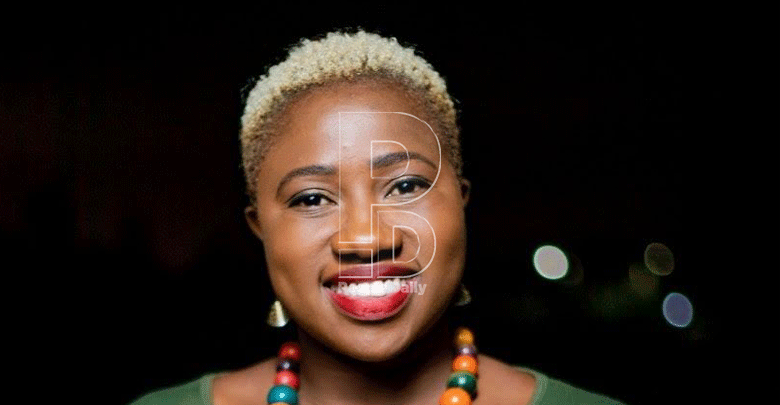
“People judge me. Islam leaders, especially, mock me because of the role I play.
In fact, even my parents at some point abandoned me, because of this role.
But I have learned how to deal with all these as they come. Besides that, I am a good actor and the rest is just flowing,” shares Idris.
While so many other comedians have jumped on the bandwagon, there are those who have refused to flow with it and choose to stay loyal to their original self and work on perfecting the brands they introduced to the market space. One of such comedians is Henry Desagu.
“Multi-casting and role playing, especially online, has brought so many comedians to the limelight.
A few years back, guys used to ignore the online market, but this has since changed the ‘monopoly’ that was being enjoyed by just a few comics.
As much as we are not all multi-casting, the ones who are doing it are bringing new ideas, so the audience also have more options to chose from.
In this craft, you have to be unique in order to penetrate the market. I am maintaining my taste and brand, but not treating what others are doing as better than mine.
I get to learn from them too and appreciate their art while I focus on staying at the top of my game,” says Desagu.
This new role-playing wave reminds us of Madea, a character created and portrayed by American actor, director, producer and screenwriter Tyler Perry. The character was cast on comedy TV shows, such as Tyler Perry’s House of Payne, Love Thy Neighbour and Madea’s Big Happy Family.
Women power
According to Blackstar Media CEO Kingwa Kamencu, it is interesting to note that a lot of this multi-casting is happening at a time when the society is changing. Women are no longer the weaker sex and these acts could be an unconscious communication, she says.
“First, I have to say we have talented people in this country, and when this kind of comedy is done, there is a certain woman that is being laughed at because the comedians take the roles to the extremes.
Women are expected by the society to be a certain way; the women who are being showcased in these comedies are over the top of opposite of feminine. Also it’s a time when violence on women has become rampant.
I think in a way, art is unconsciously communicating to women to get their power back; trying to give women a different story from the normal victim tales. And you know, if there aren’t enough women to do it, it’s going to bring in even the men.
And while at it, the comedians are capitalising on the rising trends before moving on, because it wasn’t this popular say five to 10 years ago,” she says.
The industry stakeholders point out that the sketches gaining popularity on social media platforms might have served to bring a lot of comedians who had previously been ignored and giving them the opportunity to be known. This though does not translate to money and still there is more work that needs to be put in.
“There are different types of comedies, including stand-up, plays, sitcoms and sketches.
And when the pandemic hit, even the stand-up comedians decided to try the other things, which are basically the sketches.
It is not like the comedians who have gained so much popularity within this span were not around before; they were around, but people were not so much into social media.
And while it seems to be working it hasn’t really translated to money. But for those who had created their profiles way back, such as Eric Omondi, and are trusted by corporates, they are doing okay,” says TV show producer, artiste manager and theatre guru Victor Ber.
To the rescue
To save the industry, Ber together with other stakeholders, including comedian Kazungu Matano aka Captain Otoyo started the 254 Quarantine Comedy Club on social media to give comedians the opportunity to continue showcasing their talent.
“A lot of old-school comedians believed in themselves so much, but the pandemic came and changed things completely.
Before the pandemic, the gigs were guaranteed, so they knew there would always be work coming every weekend, but most had not taken the time to invest. Those who had been around long enough to invest were lucky.
In May last year, I started the 254 Quarantine Comedy Club, through which we incorporated almost all the comedians that we were with on the Churchill Show. So, we would have performances while depending on donations.
This was really hard, because waiting on Kenyans to give is hard to count on, but corporates started coming in and things improved.
So, right now, we can pay the guys a bit more comfortably,” intimates Kazungu.
However, he’s not pleased with male artistes choosing to multi-cast. He says, “People think it’s okay, because it offers diversity, but I don’t feel the same.
I think role-playing restricts one from perfecting their acts. So, now even comedians who had not perfected the brands are now getting into multicasting.
Perfect what you have first and be good at it, before moving on to what seems to be trending.”
While other people might feel the trend is being overly exhausted, actor Zippy Okoth thinks there is absolutely no harm to it. What needs to improve though, is the art of storytelling rather than “plastic TV comedy”.
“Yes the role-playing trend has gained a lot of popularity, but there is definitely no danger of it being exhausted or anything.
This is one of the oldest styles that originated from the Romanian trends. The internet has offered an equal platform now more than ever for everyone.
Those who were not getting the shows are now able to crack their jokes on their social media pages.
At the same time, the original scripters are finally getting their own opportunity to share their jokes than before when other people would do it for them.
“What needs to be improved though is that we need more original stories than the ‘TV plastic’ content we see around.
More comedians need to learn the art of storytelling than just making cosmetic jokes.
For instance, a comedian wants to use 10 minutes to tell 10 different stories, while they can use 30 minutes to tell the same story well. That’s what we call a good story telling skill,” says Zippy in conclusion.

